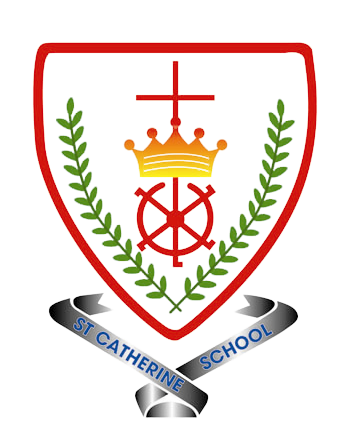Religious Education
Why is Religious Education important in Catholic Schools?
Religious Education is the "core of the core curriculum" in a Catholic school. Placing RE at the core of the curriculum in Catholic schools helps the school to fulfil its mission to educate the whole person in discerning the meaning of their existence, since "Religious Education is concerned not only with intellectual knowledge but also includes emotional and affective learning. It is in the mystery of the Word made flesh that the mystery of what it is to be human truly becomes clear. Without religious education, pupils would be deprived of an essential element of their formation and personal development, which helps them attain a vital harmony between faith and culture." (Religious Education Curriculum Directory p4). Furthermore, religiously literate children and young people are able to engage in a fully informed critique of all knowledge, "leading, for example, to an understanding of the relationship between science and religion or history, and between theology, sport and the human body." (Religious Education Curriculum Directory p4).
What is the purpose of Religious Education in Catholic schools?
Catholic schools, with RE at their core, exist in order to "help parents, priests and teachers to hand on the Deposit of Faith in its fullness to a new generation of young people so that they may come to understand the richness of the Catholic faith, and thereby be drawn into a deeper communion with Christ in his Church." (Religious Education Curriculum Directory pvii). With this as their primary aim, Catholic schools serve diverse populations of pupils and within this context the Religious Education Curriculum Directory (RECD) makes the aims of Religious Education explicit:
- To present engagingly a comprehensive content which is the basis of knowledge and understanding of the Catholic faith;
- To enable pupils continually to deepen their religious and theological understanding and be able to communicate this effectively;
- To present an authentic vision of the Church's moral and social teaching so that pupils can make a critique of the underlying trends in contemporary culture and society;
- To raise pupils' awareness of the faith and traditions of other religious communities in order to respect and understand them;
- To develop the critical faculties of pupils so that they can relate their Catholic faith to daily life;
- To stimulate pupils' imagination and provoke a desire for personal meaning as revealed in the truth of the Catholic faith;
- To enable pupils to relate the knowledge gained through Religious Education to their understanding of other subjects in the curriculum;
- To bring clarity to the relationship between faith and life, and between faith and culture.
The outcome of excellent Religious Education is religiously literate and engaged young people who have the knowledge, understanding and skills – appropriate to their age and capacity – to reflect spiritually, and think ethically and theologically, and who are aware of the demands of religious commitment in everyday life (Religious Education Curriculum Directory p6).
Religious Education at St Catherines
As a Catholic school, religion is not just another subject in the curriculum, but it is a way of life. It permeates all relationships and activities.
At. St Catherines we follow ‘The way, the Truth and the Life’ programme of study as the basis for our Religious Education teaching. It begins in Early Years (Nursery and Reception) and goes through to Year 6. It is broken into 6 units across the year. The units are developmental, building on previous knowledge and experience and taking into account of the children’s age and understanding. This programme aims to encourage children’s awareness of the presence of God and to help them respond to that presence. The scheme helps to enable children learn about the Catholic faith and respond to its invitation with growing faith and love.
